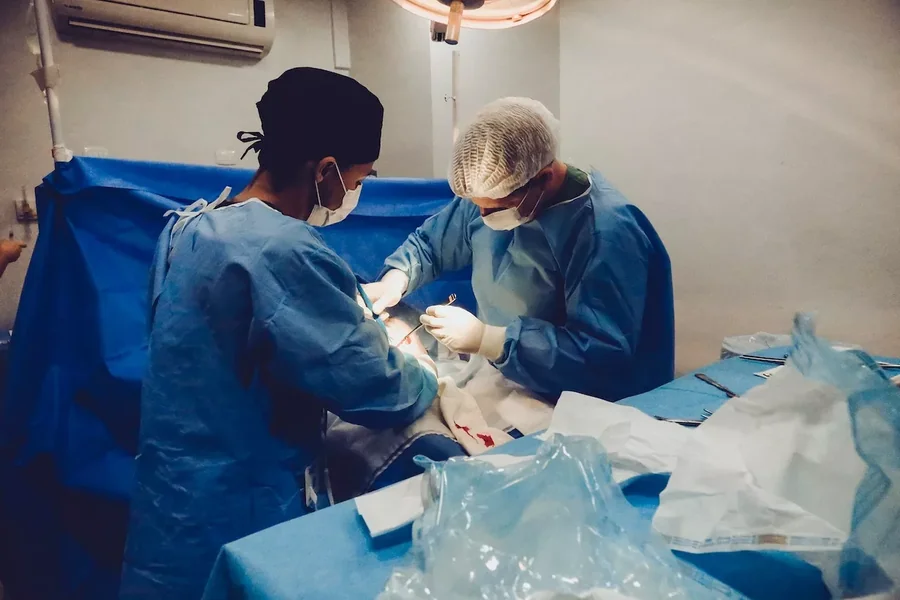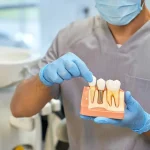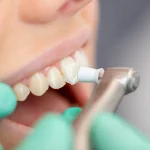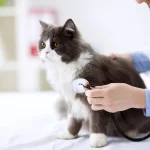After surgery, your pet may face several complications. Awareness helps you act swiftly. Post-operative complications can affect recovery. Early detection and prevention are key. This guide explains six common issues and offers practical tips. Your awareness is crucial to ensure a smooth recovery. A veterinarian in Sumter, South Carolina, provides insights that pet owners need. By understanding these complications, you become proactive in caring for your pet. This boosts their healing process. Address potential issues head-on, ensuring your pet’s comfort and safety. Effective post-operative care prevents many complications. Recognize changes in behavior or appetite as signals to contact your vet. Timely action can make a significant difference. With clear guidance, you support your pet through their recovery journey. This article will empower you with knowledge and confidence. Your pet’s health after surgery relies on your vigilance. Be prepared, be attentive, and make informed decisions for your furry friend.
1. Infection
Infection post-surgery can slow down recovery and cause discomfort. Signs include redness, swelling, or discharge at the incision site. Your pet may also show fever or lethargy. Ensure you keep the wound clean and dry. Follow your vet’s instructions carefully. Use prescribed ointments or medications as directed.
2. Hemorrhage
Bleeding can happen either internally or externally. Monitoring is crucial. Look for signs of weakness, pale gums, or unusual swelling. If you notice any of these, contact your vet immediately. To prevent this, restrict your pet’s movement post-surgery and ensure they wear any recommended protective gear.
3. Dehiscence
Dehiscence is when the incision reopens. This may result from excessive licking or activity. To prevent this, monitor your pet’s activity levels and use an Elizabethan collar if recommended by your vet. This collar prevents licking and chewing of the surgical site.
4. Anesthetic Complications
Some pets experience reactions to anesthesia. Watch for prolonged lethargy, vomiting, or difficulty breathing. Inform your vet about any previous reactions to anesthesia before surgery. Post-surgery, keep your pet in a quiet, comfortable environment to aid recovery.
5. Gastrointestinal Upset
Nausea or diarrhea can occur after surgery. Introduce food slowly and ensure it is light and bland to prevent an upset stomach. Stay alert to prolonged symptoms, as these could indicate more serious issues. Reintroduce your pet’s regular diet gradually.
6. Respiratory Issues
Difficulty breathing or coughing may indicate respiratory complications. Monitor your pet closely. Ensure their resting place is free from dust and allergens. If breathing issues persist, seek immediate veterinary care.
Comparison of Common Complications
| Complication | Signs to Watch For | Prevention Tips |
|---|---|---|
| Infection | Redness, swelling | Keep wound clean |
| Hemorrhage | Pale gums, weakness | Restrict movement |
| Dehiscence | Reopened incision | Use protective collar |
| Anesthetic Issues | Lethargy, vomiting | Inform vet of history |
| Gastrointestinal Upset | Nausea, diarrhea | Introduce food slowly |
| Respiratory Issues | Difficulty breathing | Monitor environment |
Consulting Your Veterinarian
Your veterinarian is your best resource for guidance. Regular follow-ups ensure your pet’s recovery stays on track. In Sumter, South Carolina, veterinarians provide personalized advice based on each pet’s needs. For more detailed information on pet post-operative care, visit American Veterinary Medical Association and National Center for Biotechnology Information. These sources offer comprehensive details on handling complications and supporting pet recovery.
Final Thoughts
Being informed and prepared helps you prevent complications. This ensures your pet recovers comfortably and quickly. Always observe for any unusual signs and act promptly. Prevention and early action are your allies in ensuring your pet’s well-being after surgery. Stay attentive, and offer your pet a calm, loving environment. Your vigilance is their most crucial support during healing.







